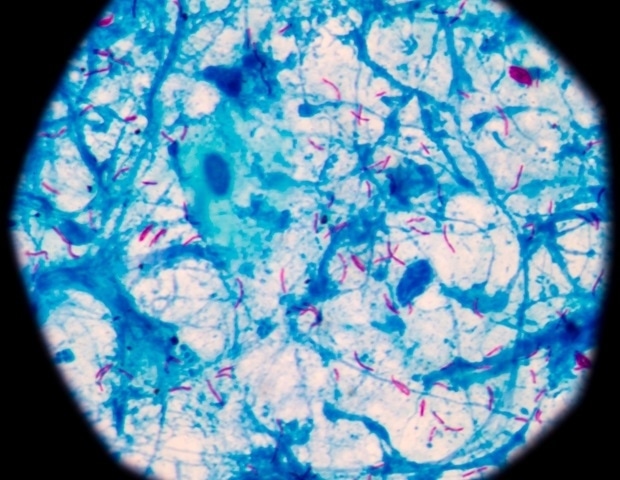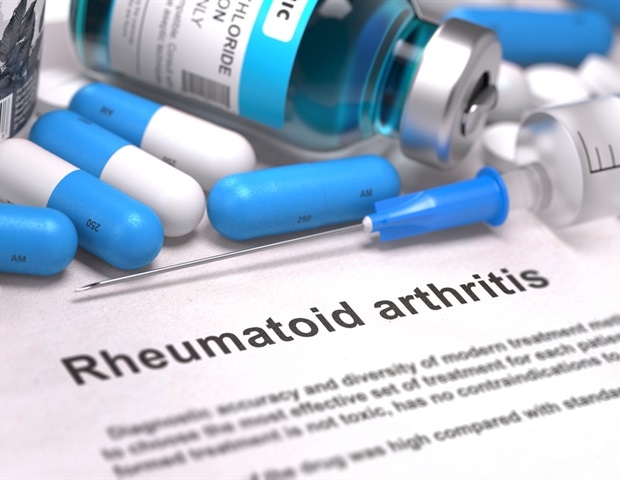
When we hear the term 'silent killer', conditions like high blood pressure or cancer often come to mind—illnesses that do severe damage without early symptoms. But there's another culprit quietly fuelling today's global health crisis: sugar. Yes, sugar is a silent assassin.
It's not just in obvious treats like soft drinks, sweets, and junk food—it's also lurking in so-called "healthy" items like yoghurts and granola bars. Shockingly, around 80% of packaged foods in supermarkets contain added sugars. With over 61 names for sugar listed on food labels, many of us unknowingly consume far more than we should.

Why? Because sugar is addictive—and the food industry profits from that addiction. Excessive sugar intake can lead to beta cell burnout, resulting in type 2 diabetes, requiring lifelong insulin. It also fuels inflammation, damages mitochondria, and harms your heart, liver, brain, and kidneys.
As the saying goes: You're blind to diabetes—until you go blind from it. An estimated 18 million deaths annually are linked to sugar-related illnesses—14 times higher than global road accident deaths. Sugar not only affects your physical health—causing obesity, heart disease, stroke, cancer, and tooth decay—but also wreaks havoc on your mental health, leading to anxiety, depression, and mood swings.
So, how can you take control without giving up everything you love (yes, even ice cream)? Try these practical tips: Follow the 80/20 rule: Eat healthy 80% of the time, leave 20% for indulgences. Stay hydrated: Often, thirst disguises itself as hunger. Avoid sugary drinks: Swap for water, herbal teas, or black coffee.
Create distance: Keep sugar-laden foods out of reach at home. Read food labels: Know how to identify hidden sugars. Start your day with protein, fruits, and vegetables: Stabilise blood sugar early.
Exercise daily: Boost mood-enhancing hormones and improve insulin sensitivity. Your health is in your hands. You don't need to live in fear—but you do need to be informed.
You're the CEO of your body. Make smart choices today to avoid hospitals tomorrow. A small change now can prevent a massive health crisis later.
The article is compiled by Jannatun Nayma. E-mail: [email protected] When we hear the term 'silent killer', conditions like high blood pressure or cancer often come to mind—illnesses that do severe damage without early symptoms. But there's another culprit quietly fuelling today's global health crisis: sugar.
Yes, sugar is a silent assassin. It's not just in obvious treats like soft drinks, sweets, and junk food—it's also lurking in so-called "healthy" items like yoghurts and granola bars. Shockingly, around 80% of packaged foods in supermarkets contain added sugars.
With over 61 names for sugar listed on food labels, many of us unknowingly consume far more than we should. Why? Because sugar is addictive—and the food industry profits from that addiction. Excessive sugar intake can lead to beta cell burnout, resulting in type 2 diabetes, requiring lifelong insulin.
It also fuels inflammation, damages mitochondria, and harms your heart, liver, brain, and kidneys. As the saying goes: You're blind to diabetes—until you go blind from it. An estimated 18 million deaths annually are linked to sugar-related illnesses—14 times higher than global road accident deaths.
Sugar not only affects your physical health—causing obesity, heart disease, stroke, cancer, and tooth decay—but also wreaks havoc on your mental health, leading to anxiety, depression, and mood swings. So, how can you take control without giving up everything you love (yes, even ice cream)? Try these practical tips: Follow the 80/20 rule: Eat healthy 80% of the time, leave 20% for indulgences. Stay hydrated: Often, thirst disguises itself as hunger.
Avoid sugary drinks: Swap for water, herbal teas, or black coffee. Create distance: Keep sugar-laden foods out of reach at home. Read food labels: Know how to identify hidden sugars.
Start your day with protein, fruits, and vegetables: Stabilise blood sugar early. Exercise daily: Boost mood-enhancing hormones and improve insulin sensitivity. Your health is in your hands.
You don't need to live in fear—but you do need to be informed. You're the CEO of your body. Make smart choices today to avoid hospitals tomorrow.
A small change now can prevent a massive health crisis later. The article is compiled by Jannatun Nayma. E-mail: [email protected].















